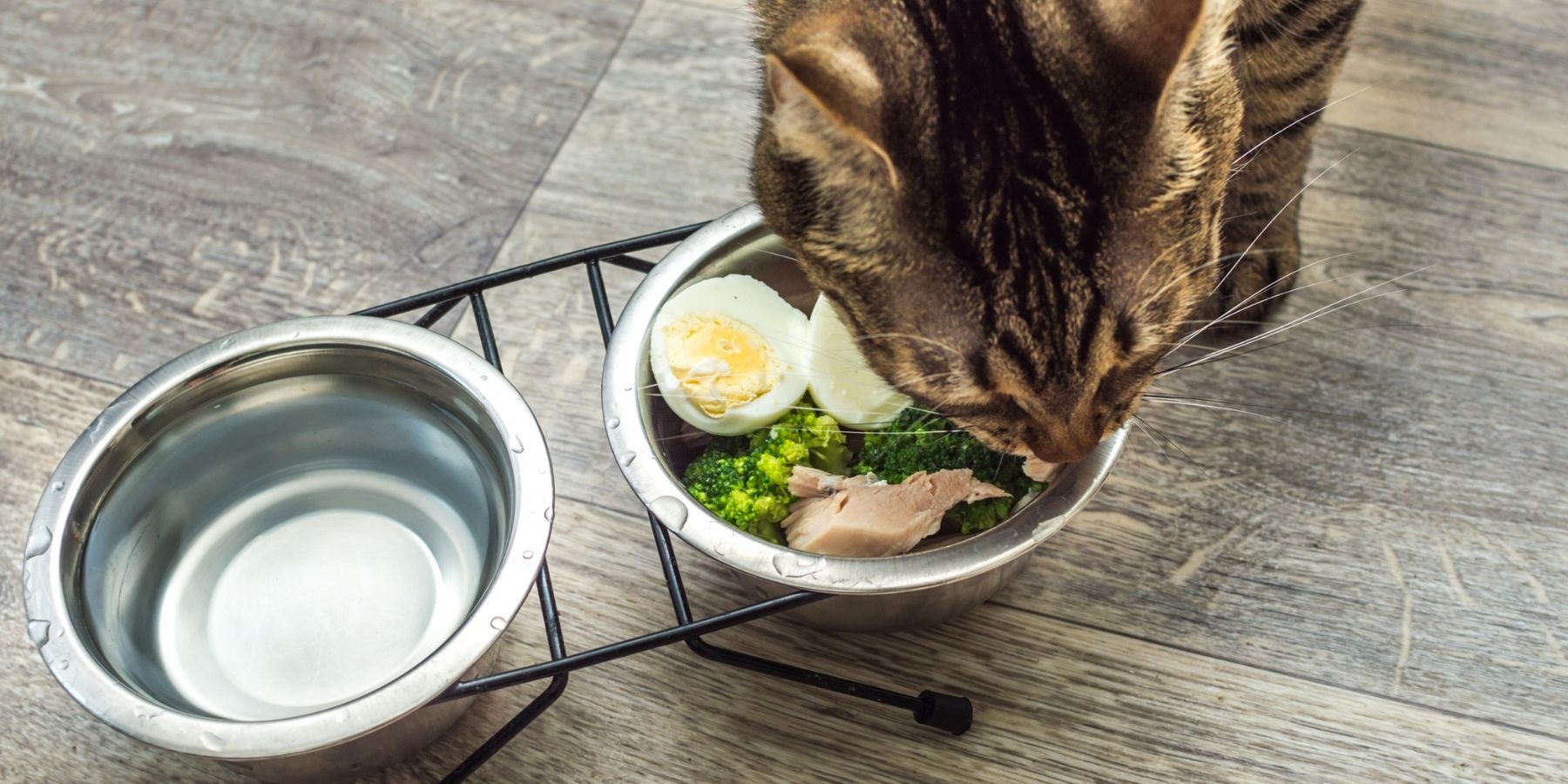Cats are known for their curiosity, often piquing interest in what their human companions are eating. While a cat's diet should primarily consist of cat-specific food, some human foods are safe and can even be beneficial for your feline friend.
Let's explore what human foods you can safely share with your cat.
1. Cooked Meat
Cats are carnivores, so meat is a natural part of their diet. Cooked chicken, turkey, lean beef, and lamb are great options. Make sure the meat is cooked without any added spices, onions, or garlic, which are harmful to cats. Also, avoid giving them fat trimmings, as they can cause pancreatitis.
2. Fish
Fish like salmon and tuna are rich in omega-3 fatty acids, which are good for your cat's eyesight, joints, and brain health. However, fish should be given in moderation and should not replace regular cat food, as it lacks certain nutrients cats need. Ensure the fish is cooked and free from bones.
3. Eggs
Eggs are a good source of protein for cats. They should be cooked (boiled or scrambled) without any butter, oil, or seasoning. Raw eggs are not safe for cats as they can contain bacteria like salmonella.
4. Cheese
Some cats may enjoy cheese, which can be a good source of protein and calcium. However, many cats are lactose intolerant, so start with a small amount. Hard cheeses like cheddar are usually better tolerated than soft cheeses.
5. Vegetables
Though not a natural part of a cat's diet, some cats may enjoy vegetables. Cooked carrots, peas, green beans, broccoli, and asparagus can be a healthy treat. They should be cooked without any salt or seasoning and chopped into small pieces to prevent choking.
6. Fruits
Certain fruits can be a safe treat for cats. Apples (without seeds), bananas, blueberries, and seedless melons are some options. Avoid grapes and raisins as they are toxic to cats. Always remove any seeds or pits and serve fruits in small amounts.
7. Rice and Pasta
Cooked plain rice and pasta can be given to cats in small quantities. These can be especially helpful if your cat has had an upset stomach, as they are easy to digest. Ensure there are no sauces or spices added.
8. Bread
A small piece of baked bread is safe for cats, but it offers little nutritional value. Avoid giving raw dough as it can expand in a cat’s stomach and cause problems.
9. Pumpkin
Plain, cooked pumpkin (not the spiced pie filling) is good for cats, particularly for digestion. It's a source of fiber and can help with both constipation and diarrhea.
Precautions When Feeding Human Foods to Cats
Avoid Toxic Foods: Certain human foods are toxic to cats, such as chocolate, caffeine, alcohol, onions, garlic, grapes, and raisins.
Moderation is Key: Human foods should be given as an occasional treat and should not exceed 10% of your cat’s total daily calories.
No Seasonings or Additives: Foods should be plain and free from any seasonings, additives, or sauces that can be harmful to cats.
Monitor for Allergic Reactions: After introducing a new food, watch for any signs of an allergic reaction, such as gastrointestinal upset or skin irritation.
Conclusion
While it’s fun to share food with your feline friend, it's crucial to ensure that what you're offering is safe and healthy for them. Stick to the foods listed above and always consult with your veterinarian if you're unsure about a particular food.
Remember, the primary source of nutrition for cats should always be high-quality cat food that's specifically tailored to their dietary needs.


